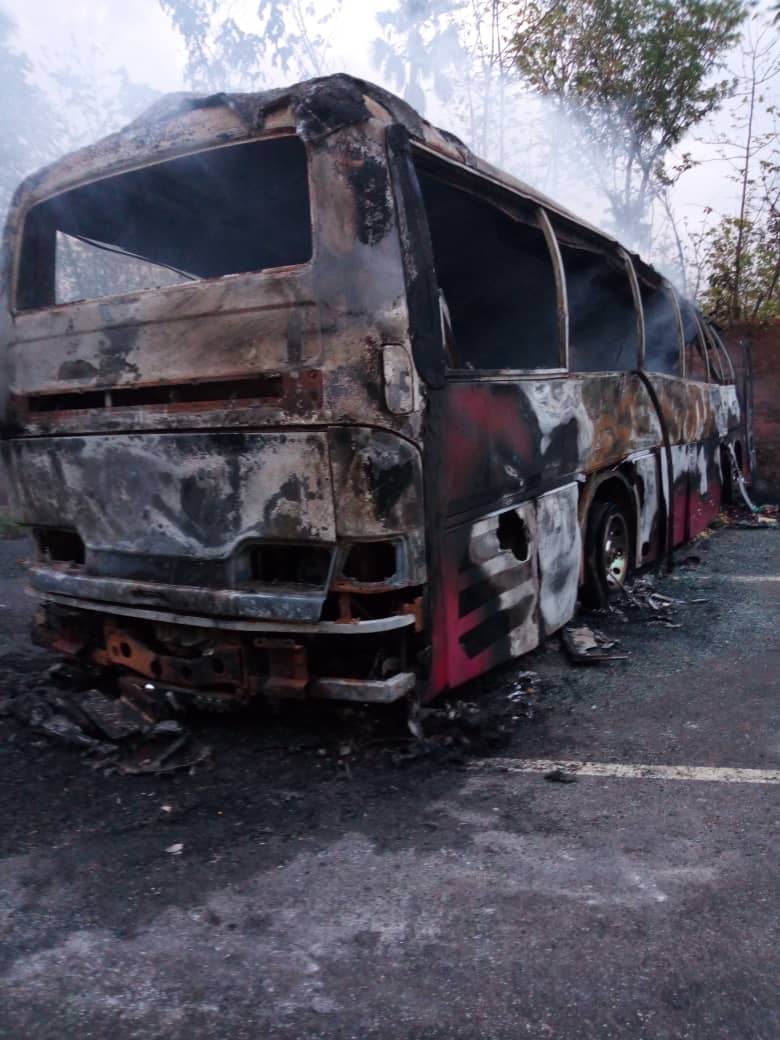
Ensure discipline in commercial transport sector
Ghana has considerable problems with road safety, which manifest in the numerous road accidents reported in the media.
In the past, road safety management was characterised by dispersed, uncoordinated and insufficiently resourced institutional units performing isolated single functions by individual departments within the Ministry of Roads and Transport.
Currently, the National Road Safety Commission (NRSC), the Motor Traffic and Transport Department (MTTD) of the Ghana Police Service and the Driver and Vehicle Licensing Authority (DVLA), together with other stakeholder organisations, have been mandated to address the unacceptably high levels of road traffic crashes in the country by enforcing and regulating road traffic rules and regulations.
Yet, due to the ever-increasing vehicular fleet in the country, the notoriously bad attitude of road users and the weak enforcement of traffic rules, the absolute number of deaths and injuries still fluctuate within unacceptable ranges.
Additionally, in the past there appeared to be legislative, institutional, administrative and procedural inadequacies which were also aggravated by problems of inadequate logistics and funding for road safety activities.
Past road safety efforts addressed the environment of road safety, focusing on engineering, safer cars and highways.
In recent years, the emphasis has shifted towards encouraging safer road user behaviour, and the effort to change road user behaviour has focused on four practical approaches: legislation, enforcement, reinforcement and education.
The Daily Graphic particularly applauds the DVLA for establishing testing centres across the cities and the country to bring its services to the doorstep of motorists. But while it is good that the DVLA does this, in addition to taking critical steps to inject some discipline into the transport sector and rid the country of unsafe and dangerous vehicles, it is our expectation that the exercise will be expanded to cover all aspects of the transport system.
We note the many rickety buses plying our roads, especially on the Kwame Nkrumah Interchange-Kaneshie-Odorkor route.
We hardly see any of the buses at the licensing centres, in spite of the establishment of the centres close to drivers.
One wonders whether the licensing centres cannot accommodate the rickety buses we see on our roads on a daily basis. We are also wondering whether the DVLA or its agents do the inspection or testing at the stations. This is because the buses look rickety, while most of them are worn out, with leaking roofs, open floors and the seats so exposed that sometimes the metals cause injury to passengers.
With the country’s focus on tourism development, it will be an eyesore if tourists come to see the sorry state of our transport system.
In all of this, we note our aim to make Accra the cleanest city in Africa. We must thus not only focus on the streets, since the state of our vehicles, especially the passenger ones, add to or subtract from the beauty of our towns and cities. And we must know that this can either drive tourists into or away from the country.
If we want to reap from the tourism sector and get the needed foreign exchange and revenue, then stakeholders, such as the DVLA and the MTTD, must play their part more effectively.
In this vein, we also recommend that commercial drivers be sensitised and encouraged by their union leaders to deal directly with the DVLA for the issuance, renewal and upgrading of their driving licences and renewal of their roadworthy certificates, as we believe it is in their own interest and that of passengers if their vehicles are tested before declaring them safe to ply the roads.
The transport sector is key to development. Therefore, there should be sufficient improvement in the capacity of stakeholders, while the required resources must also be provided to ensure a sector that is robust and disciplined to contribute to the country’s development aspirations.
